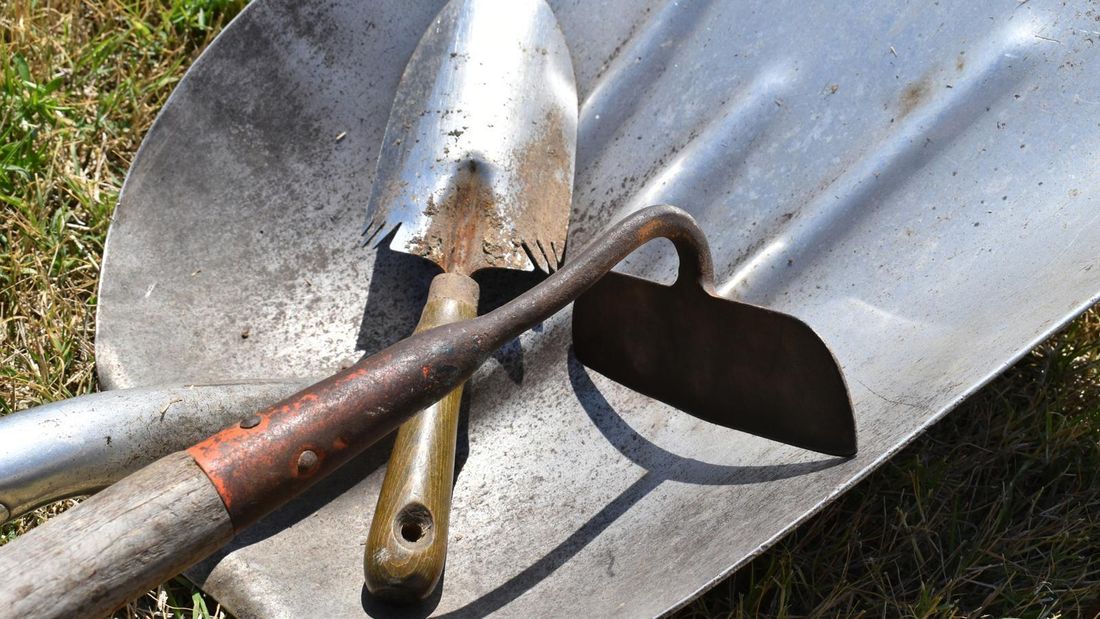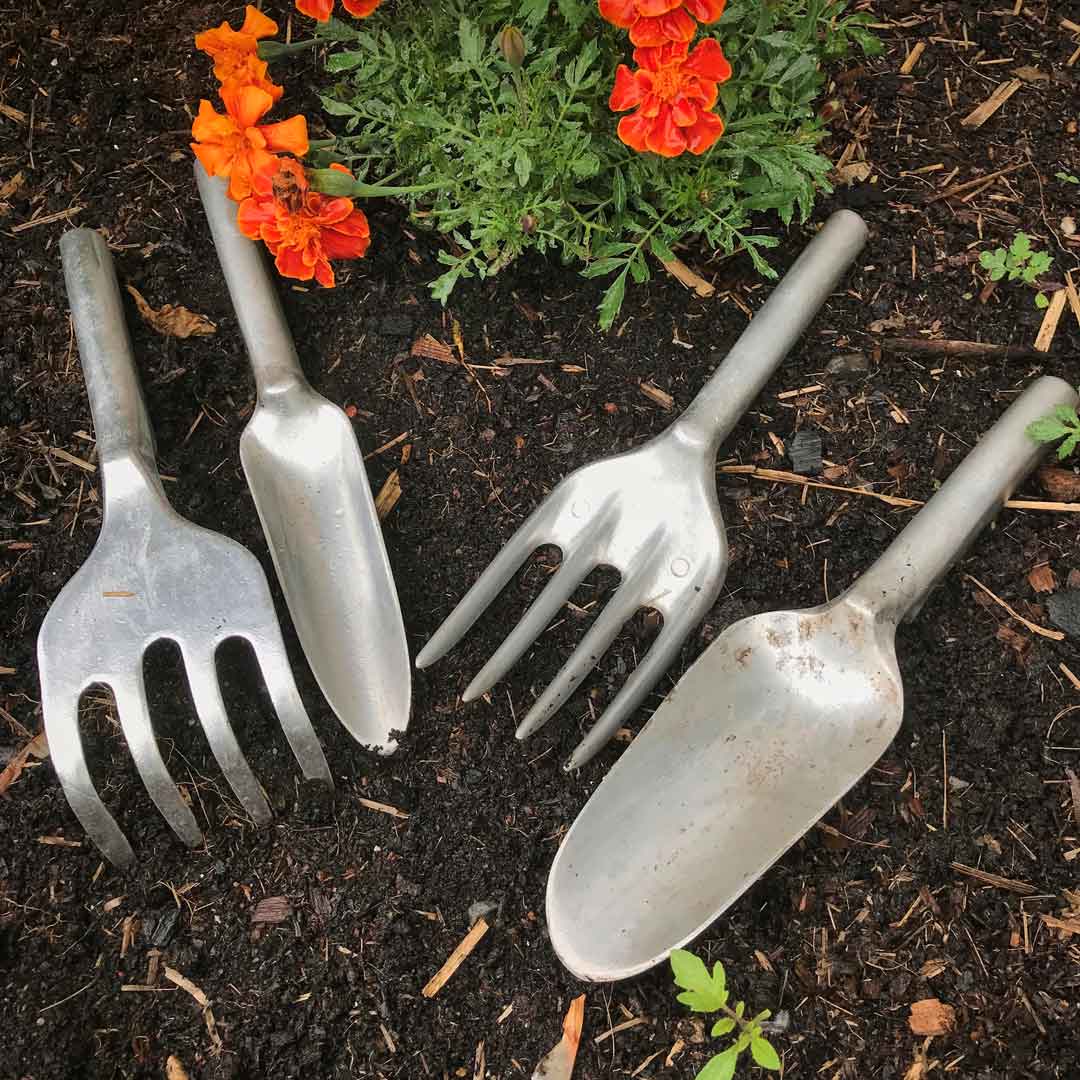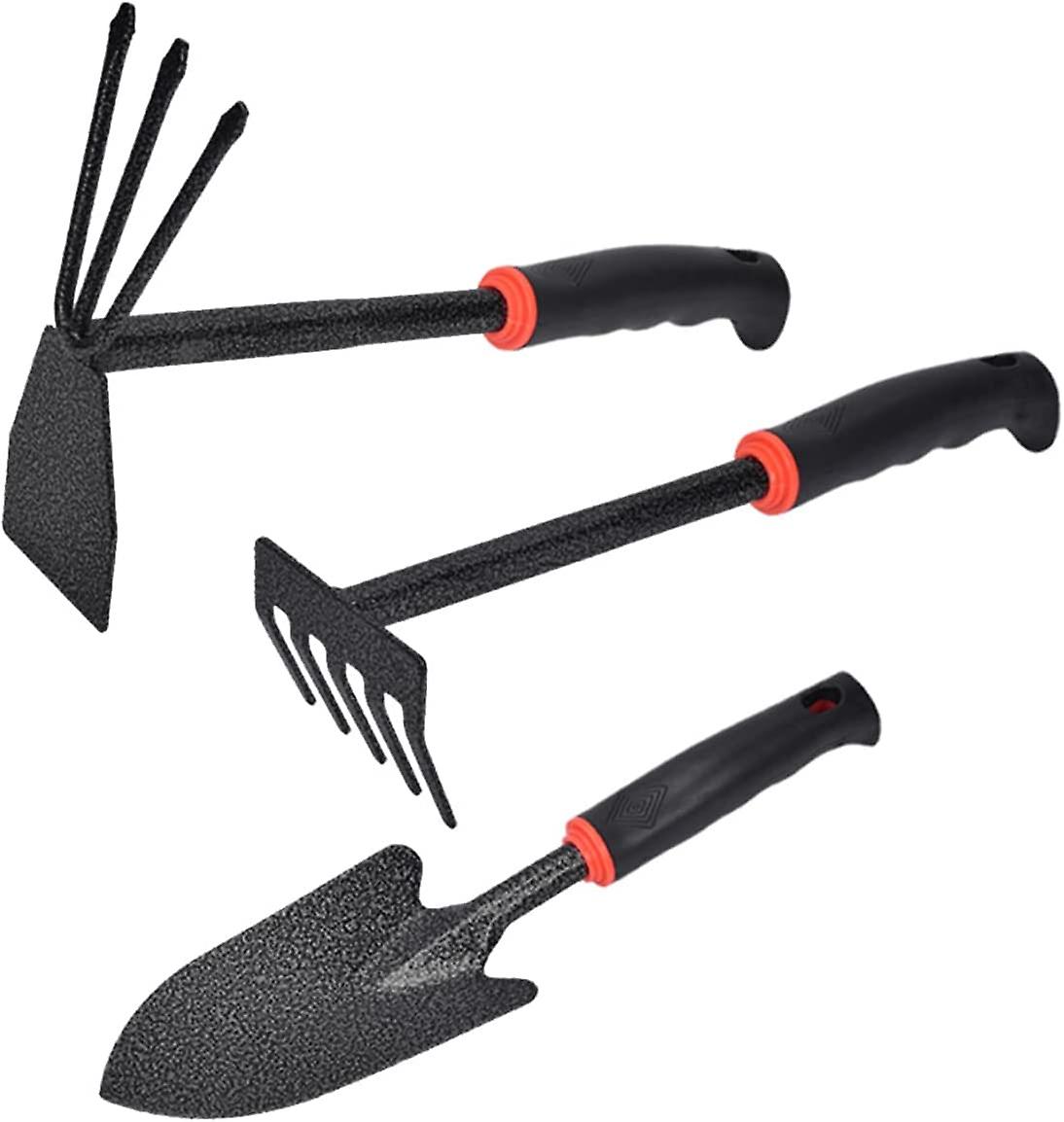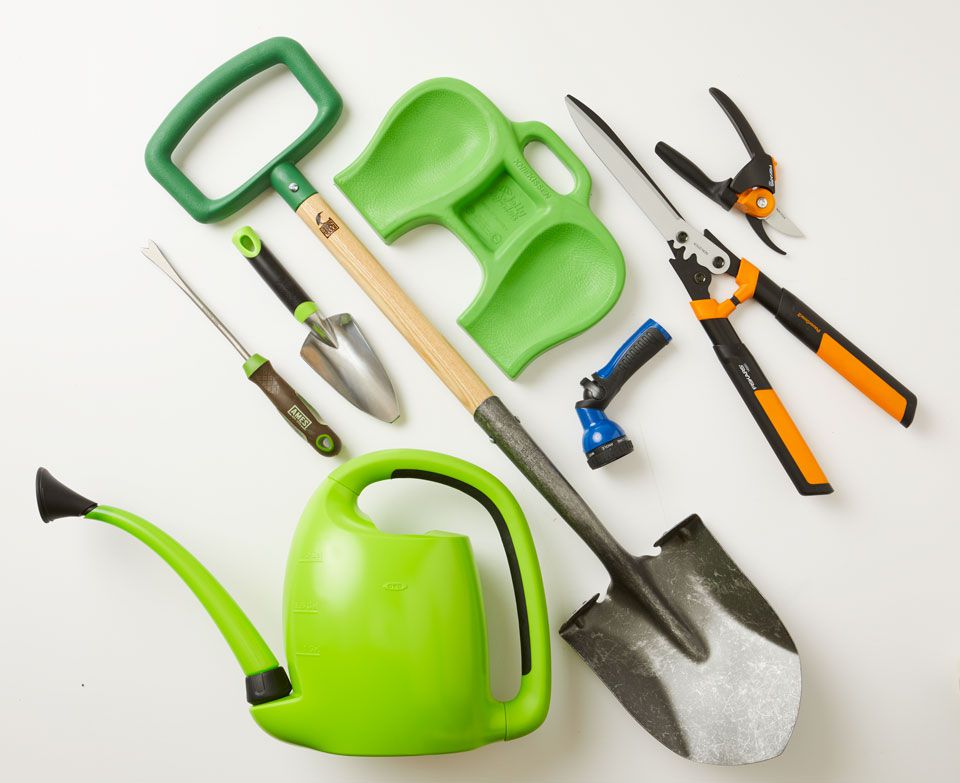The Novice Gardener’s Introduction
A Beginner’s Guide to Rust Removal
For the novice gardener, confronting rusty garden tools can be intimidating, but with the right approach, it’s a manageable task. Learning how to clean rusty garden tools is essential for maintaining their functionality and prolonging their lifespan. Start by gathering all your rusty tools in one place, including shovels, trowels, pruners, and hoes. Assess the extent of rust on each tool, noting areas that require attention. Begin the cleaning process by scrubbing the rusted surfaces with a wire brush or steel wool to remove loose rust flakes and debris. Next, immerse the tools in a solution of white vinegar or a commercial rust remover, allowing them to soak for several hours or overnight. After soaking, scrub the tools again to loosen any remaining rust, then rinse them thoroughly with water and dry them completely.
Finally, apply a thin layer of oil or lubricant to prevent future rusting. With patience and persistence, even novice gardeners can successfully clean rusty garden tools and restore them to their former glory.
The novice gardener’s journey into rust removal begins with a sense of trepidation, unsure of where to start in the face of rusty garden tools. However, armed with determination and a willingness to learn, they embark on the process with eagerness. By gathering all their rusty tools and assessing the extent of rust on each one, they gain a clearer understanding of the task ahead. Armed with a wire brush or steel wool, they begin the cleaning process, gingerly scrubbing away at the rusted surfaces.

The Seasoned Gardener’s Expertise
Refining Rust Removal Techniques
For seasoned gardeners, dealing with rusty garden tools is a familiar challenge that they’ve mastered over the years. They understand the importance of proper maintenance in keeping their tools in top condition and are well-versed in effective rust removal techniques. To clean rusty garden tools, seasoned gardeners start by assessing the extent of rust on each tool and determining the best approach for removal. They may choose to use a wire brush, steel wool, or sandpaper to scrub away surface rust, depending on the severity of the rust buildup.
For more stubborn rust, they opt for chemical rust removers or homemade solutions like vinegar or lemon juice. After removing the rust, seasoned gardeners thoroughly clean and dry their tools before applying a protective coating to prevent future rusting. With their expertise and attention to detail, seasoned gardeners ensure that their rusty garden tools are restored to optimal condition, ready for another season of use in the garden.
The seasoned gardener’s approach to rust removal is characterized by years of experience and a deep understanding of their tools. They approach each rusty tool with a practiced eye, assessing the extent of rust and determining the most effective method for removal. Armed with a variety of tools and techniques, they tackle surface rust with a wire brush, steel wool, or sandpaper, carefully scrubbing away at the corroded areas.

The Eco-Conscious Gardener’s Sustainability
Natural Solutions for Rust Removal
For eco-conscious gardeners, learning how to clean rusty garden tools is an opportunity to incorporate sustainable practices into their gardening routine. These gardeners prioritize using natural and eco-friendly solutions to remove rust from their tools, minimizing their environmental impact. Instead of harsh chemical rust removers, eco-conscious gardeners opt for natural alternatives like vinegar, lemon juice, or baking soda, which are effective at breaking down rust without harmful toxins. They also choose biodegradable wire brushes or steel wool for scrubbing away surface rust, reducing their reliance on synthetic materials. After removing the rust, eco-conscious gardeners dispose of any waste responsibly and recycle materials whenever possible. By adopting eco-friendly rust removal techniques, these gardeners not only preserve the health of their garden but also contribute to the health of the planet.
The eco-conscious gardener approaches rust removal with a commitment to sustainability, seeking out natural and eco-friendly solutions to minimize their environmental impact. They eschew harsh chemical rust removers in favor of natural alternatives like vinegar, lemon juice, or baking soda, harnessing the power of nature to dissolve rust without harming the environment. Armed with biodegradable wire brushes or steel wool, they scrub away at the rusted surfaces, knowing that their tools will be free from harmful chemicals. As they work, they are mindful of their waste, disposing of any leftover materials responsibly and recycling whenever possible. By adopting eco-friendly rust removal techniques, these gardeners not only preserve the health of their garden but also contribute to the health of the planet, ensuring that their gardening practices are in harmony with nature.

The Practical Gardener’s Efficiency
Streamlining Rust Removal
In the fast-paced world of modern gardening, efficiency is key, and practical gardeners know how to clean rusty garden tools quickly and effectively. They understand that rusty tools can hinder productivity in the garden and prioritize restoring them to optimal condition efficiently. Practical gardeners start by assessing the extent of rust on each tool and determining the most efficient method for removal. They may choose to use a wire brush or steel wool for surface rust or opt for a chemical rust remover for more stubborn buildup.
To streamline the process, practical gardeners often clean multiple tools at once, maximizing their time and effort. After removing the rust, they thoroughly clean and dry their tools before applying a protective coating to prevent future rusting. By adopting an efficient approach to rust removal, practical gardeners ensure that their tools are always ready for action in the garden.
The practical gardener’s approach to rust removal is marked by a focus on efficiency and productivity, recognizing that time is of the essence in the fast-paced world of modern gardening. They begin by assessing the extent of rust on each tool, quickly determining the most effective method for removal. Armed with wire brushes, steel wool, and chemical rust removers, they tackle surface rust with speed and precision, wasting no time in restoring their tools to optimal condition.

The Perfectionist Gardener’s Precision
Attaining Rust-Free Perfection
For the perfectionist gardener, cleaning rusty garden tools is not just about removing rust—it’s about restoring them to pristine condition with meticulous attention to detail. These gardeners take pride in their tools and go to great lengths to ensure they are rust-free and fully functional. To clean rusty garden tools, perfectionist gardeners start by carefully assessing the extent of rust on each tool and identifying the best method for removal. They may use a combination of wire brushes, steel wool, sandpaper, or chemical rust removers to achieve the desired results. After removing the rust, perfectionist gardeners meticulously clean and polish their tools, ensuring that every surface is free of rust and debris. They take their time, ensuring that no corner or crevice is overlooked in their quest for perfection.
Finally, they apply a protective coating to prevent future rusting and store their tools in a dry, well-ventilated area. By adopting this meticulous approach to rust removal, perfectionist gardeners ensure that their tools are always in perfect condition, ready for any task in the garden.
The perfectionist gardener approaches rust removal with a meticulous attention to detail and a commitment to achieving perfection. They begin by carefully assessing the extent of rust on each tool, examining every surface with a critical eye. Armed with an array of tools and techniques, they meticulously scrub away at the rusted surfaces, ensuring that no trace of rust or debris remains. As they work, they take their time, methodically cleaning and polishing each tool to perfection. They pay special attention to every corner and crevice, knowing that even the smallest speck of rust can compromise their efforts.

